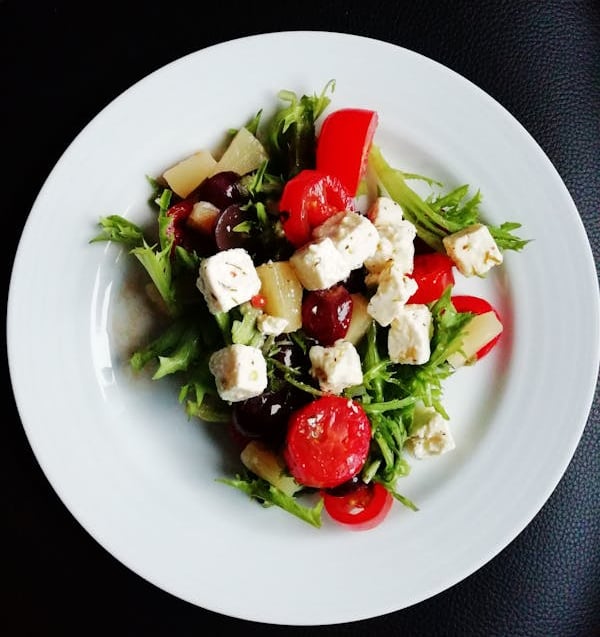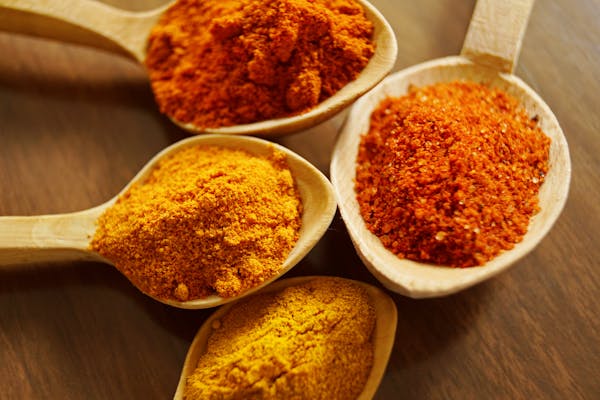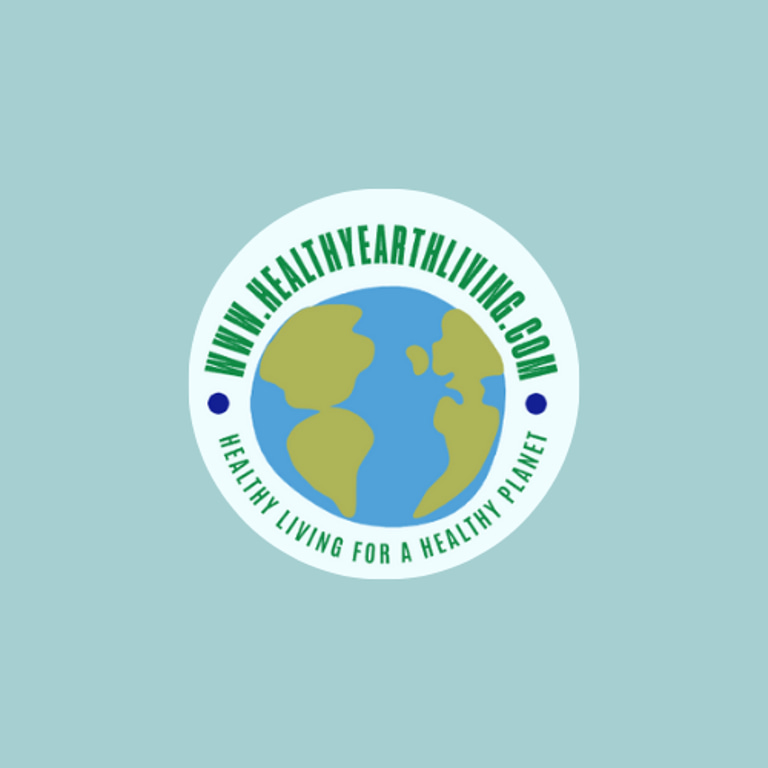Unlocking Nature's Remedies to Manage Inflammation!
Corinne Akers RN
6/6/20246 min read


Understanding inflammation and its impact on health
Inflammation is a defensive response to viruses, bacteria, and tissue damage. Inflammation can cause undesirable symptoms such as fatigue, sleep disorders, skin issues like rashes, digestion, and joint and muscle pain. (1) Luckily, you can treat inflammation in many natural ways, including herbal remedies, meditation, and diet and lifestyle changes. You can find natural relief from chronic inflammation by treating your mind and body well and nourishing yourself in the ways discussed in this guide.
While there are many pharmacological ways to treat inflammation, such as NSAIDs like aspirin and ibuprofen, natural remedies are abundant. You can avoid unwanted side effects and reap benefits when treating chronic issues with natural therapies. Natural treatments can be easy to access; you don’t need a prescription to change your diet! You can feel confident treating your body well with whole foods, herbal remedies, meditation, and exercise.


What Causes Inflammation?
Inflammation is caused by stress on the body. While most people visualize inflammation as a cut on the skin or swelling of a joint, inflammation can occur anywhere in the body. This includes within any organ, joint, or muscle. This is called systemic inflammation.
Chronic, systemic inflammation can be exacerbated by other illnesses such as autoimmune disorders, cardiovascular, gastrointestinal, and lung diseases, mental health disorders, and diabetes. Even your physical location or environmental toxins can contribute to increased inflammation in the body. (2)
Eating a poor diet can contribute to inflammation. Ultra-processed foods (pre-packaged foods, lunch meat, sausage), red meat, added sugars, deep-fried foods, and foods high in trans fat are all dietary dangers that can cause inflammation. Many of these foods are detrimental to the good bacteria in our gut, which is linked to our immune system. When the immune system is activated, inflammation occurs.
To decrease inflammation, avoid the following:
leading a sedentary lifestyle
high-intensity interval training (HIIT)
excessive stress
indulging in alcohol
ultra-processed diet
smoking cigarettes or vaping


The Power of Anti-Inflammatory Foods
Load up on antioxidant-rich foods! Incorporating oily fish like salmon, whole grains, and colorful produce into your diet is an easy way to fight off inflammation. The Mediterranean diet has many benefits, including its impressive anti-inflammatory properties. (3)
Superfoods are hugely popular for helping in this fight. Berries and cherries are praised for their inflammation-fighting power. Blueberries contain resveratrol, a powerful antioxidant-like chemical. Resveratrol is also found in red wine. You can try pumpkin seeds, edamame, oily fish (salmon, mackerel, sardines), and yogurt to help pack a punch in your lunch.
Try adopting the Mediterranean diet. It focuses on whole foods, fresh produce, and healthy fats. It should be easy to introduce into your life because of the many delicious ingredients. Since it’s so popular, the Mediterranean diet has tons of resources online. Here are some great recipes to get you started on your journey:


Herbal Remedies for Inflammation
Herbs are great ways to decrease inflammation, among many other benefits. These benefits have been backed by science. (4) You can incorporate herbs in recipes, as a tea, or in a supplemental capsule or tablet.
Which herbs are most famous for adding to an anti-inflammatory lifestyle? Check out this list of herbs and spices that can be added to your diet easily.
Ginger
Turmeric
Garlic
Cardamom
Chamomile
Rosemary
Cayenne
Cinnamon
Evening primrose
Boswellia
Bilberry
Green tea
While herbs can help manage inflammation, it is essential always to be mindful of their potential side effects. Some herbs may also interfere with prescription medications, so it’s important to ask your healthcare provider before beginning any herbal regimen.


Lifestyle Changes to Combat Inflammation
While exercise is vital for general wellness, you can try a few specific exercises. Yoga promotes a healthy, zen-like mindset while also working the body. Harvard Health suggests that even 20 minutes of brisk walking effectively manage inflammation. (4)
Start with Yoga to de-stress your life. Meditation is a great way to reduce stress. Light exercise, such as hot girl walks, may help create a positive mindset.
In some studies, sleep deprivation has been shown to increase inflammatory markers. (6) Regularly getting full, restful sleep is critical to low inflammation levels.


Mind-Body Therapies for Inflammation Relief
We talked about stress levels earlier. It’s essential to recognize that chronic stress is detrimental to the mind and body. Mental health disorders, often exacerbated by stress, have been shown to increase inflammation in the body. (7)
Yoga is a great way to move your body meaningfully. It helps tone and strengthen your body while fostering a positive mindset. It encourages a sense of well-being and confidence.
Acupuncture is an ancient Chinese medicine technique thought to create an anti-inflammatory response. (8) If you want to skip the needles, try massage therapy. Targeted massage may decrease inflammation and accelerate recovery, and it feels great!


Supplements for Inflammation Support
Vitamins C and E are antioxidants that are great warriors against inflammation. Low vitamin D levels have been linked to inflammatory diseases like rheumatoid arthritis and irritable bowel disease or IBD. (9) It is difficult to supplement vitamin D in the diet, and areas of the world that get little sunlight are at greater risk. You may benefit from a vitamin D supplement if these apply to you.
Omega-3 fatty acids are essential in helping to protect the body from chronic inflammation. Earlier, we discussed incorporating oily fish into your diet. (10) You can also get your Omega-3s in a supplement, which may be easier for your busy schedule.
It’s important to speak to your healthcare provider before beginning any supplemental routine. You should be aware of the recommended dosages and be sure there are no interactions with any prescription medications you may be taking.


Natural Pain Relief Techniques
Hot and cold therapies are a go-to for pain control. Cold can help to reduce swelling and inflammation, and warmth can help soothe the pain and increase blood flow which has a healing effect. (11)
The human body's largest organ is the skin, so it makes sense that topical remedies can aid in the fight against inflammation. Aloe vera, witch hazel solutions, colloidal oatmeal, and ointments containing chamomile and marshmallow root may be effective in pain control related to inflammation.
Natural pain control techniques are highly sought after for many reasons. Try mindfulness-based exercises like yoga, meditation, or walking to increase endorphins and fight inflammation. Massage and acupuncture, as we have discussed, can help manage chronic pain.


Bottom Line
Western medicine treats conditions with medication and surgery, but there are many alternative and supplemental treatments to assist in managing inflammation and pain that can come with it. A clean diet, regular exercise, and stress-reducing techniques are great holistic approaches to managing your health.
Managing inflammation can be simple. Keeping a healthy, active, and stress-free life is central to treating inflammation naturally. Adding supplements, improving your diet, and exploring alternative therapies can be helpful in your journey to feeling well.
© 2025 Salo Content Writing LLC, all rights reserved
Join the Movement for a Healthier Planet! 🌿
Subscribe now and get your FREE Sustainable Living Checklist! Plus, enjoy weekly articles and delicious plant-based recipes straight to your inbox. Let’s make sustainable living simple and inspiring, one email at a time! 💚✨
